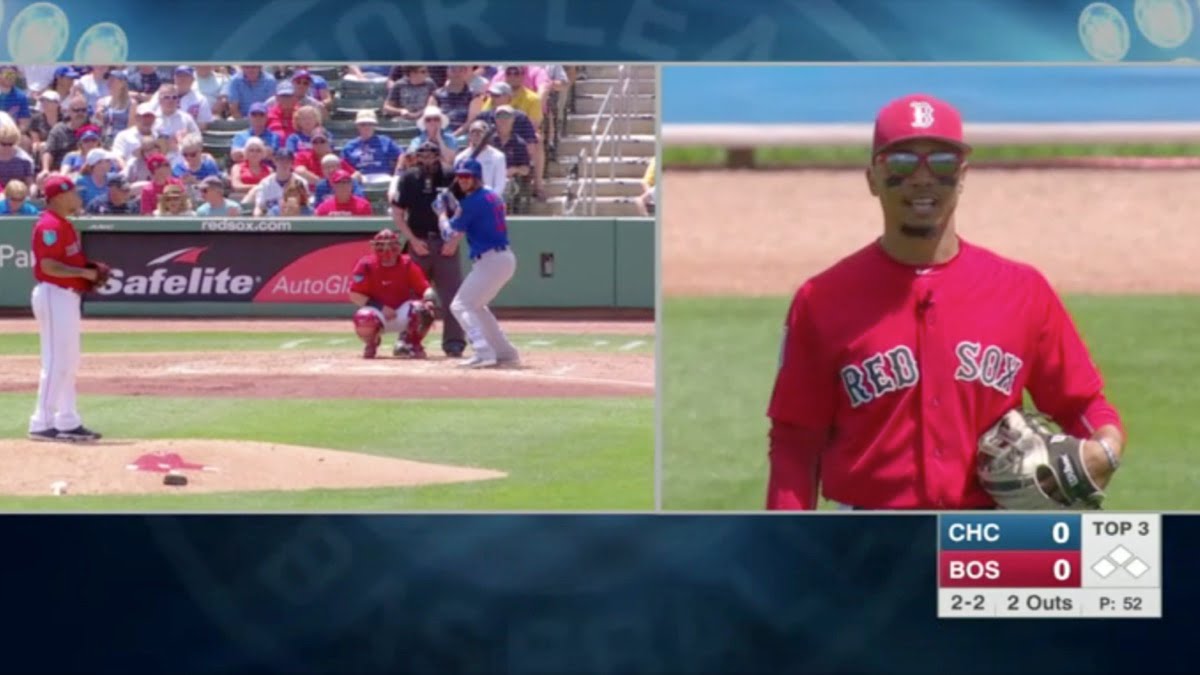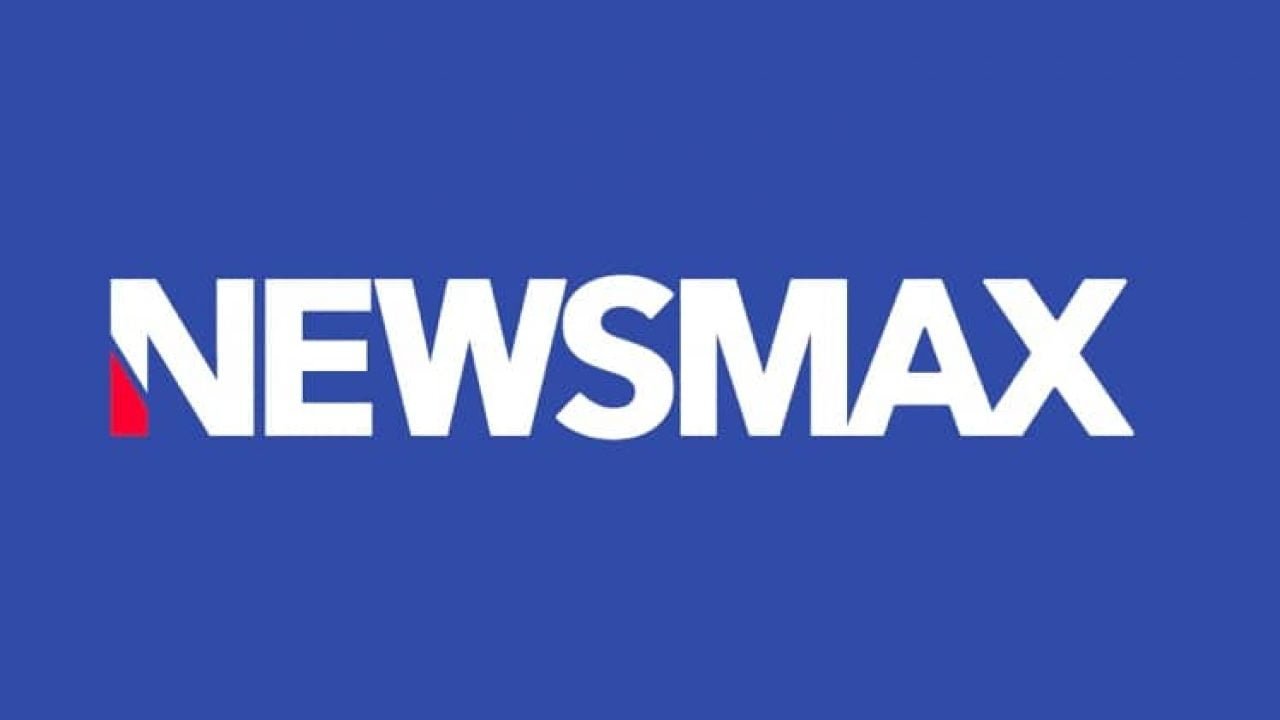The NCAA Tournament this year has been an incredible one on the court. Tons of drama, upsets and great stories. That’s kind of the norm when it comes to March Madness, right? Expect the unexpected. Just look at my bracket if you don’t believe that statement. What has also been extraordinary this year is the job the sideline reporters have been doing, handling the in-game coach interviews. It’s a recent thing during the Big Dance and the interviews have been met with varying degrees of acceptance from the audience. Nonetheless, the interviewers have been up to the challenge.
There is an extra layer of preparation that is needed. It’s a tough spot for them and for the coach, to talk as the game is going on. Granted, the interviews are done during timeouts, but that’s when a coach is supposed to be coaching, right? There is pressure on both parties, but I believe there’s more on the reporter.
Bringing viewers inside the game seems to be the way things are trending lately. Having players and coaches mic’d up during games is one way to do it. Last year, ESPN took the in-game interview to a new level. In 2020, ESPN became the first network to produce live conversations
with players who are actively participating in the game being televised. In 2022 ESPN featured live player conversations with the booth in nearly all of their MLB broadcasts. ESPN boasts them as ‘a first of their kind for a game that counts across any network.’ A press release from the network earlier this month says ‘The two-way player conversations will continue in 2023.’
Baseball is the ideal sport for these conversations, it moves slower, allowing time to get into subjects with the guests. Although, with the pitch clock in use this year, there might be a little less time than in years past. Still, not every player is directly involved in every play of the game. The guy that hit the home run with one out, has nothing to do unless two quick outs are made, or the team bats around. The manager has a bench coach and other coaches to keep an eye on things while the boss is busy for 60 seconds. It’s not ideal, but it works.
I love the access, but it’s not for everyone. Some hardcore fans hate the intrusion as much as some of the players and coaches, but I don’t think the majority of people feel that way.
Last year at the NCAA Tournament, the CBS/Turner sideline reporter started to interview each coach during a media timeout. Fans were not used to seeing this take place in a college basketball game. Pregame and postgame yes, but in-game? Nope. How will the coach that’s ahead handle it? How about the guy that’s losing?
This is why all the pressure is on the sideline reporter. They understand fully what’s going on in the game and have to tread lightly in both cases. Most of the coaches understand that this is part of the ‘big money’ event and know that they will be interviewed. It’s one thing to agree to this condition before the game gets going, but it’s another during the game. Emotions run high in the heat of the battle. You never know what might set someone off.
Preparation is vital. As the reporter, you have to know the situation each coach is in at the time. Understanding the moment and what’s important. Paying attention to the game, in addition to the other responsibilities you have might be stressful. Listen to the broadcast you are a part of, because you can gain great insight and knowledge from the analysts. Most of the time they are former players or coaches that have been in the situation your interview subject is currently experiencing.
For example, in a tournament game between Michigan and Colorado State in 2022, Jamie Erdahl was the sideline reporter. She first interviewed Rams Head Coach Niko Medved at the under 12 time out of the first half. Erdahl asked one question about how to offset Michigan’s size and length. Medved was actually quite engaged and gave a better-than-expected answer. He didn’t give away any strategy, but talked about it being early and sending help to the post.
At the under 8 time out, Erdahl talked to Juwan Howard. She had two questions, one about him being the one to call time out and not waiting for a dead ball. Howard said he needed to get the team organized and calm the jitters. He said the team committed too many turnovers already. Her second question followed up, asking if Howard attributed the turnovers to Devonte Jones’ absence. Excellent job of paying attention and asking the right question and quickly.
These interviews have become more a part of the norm when watching tournament games. I think coaches are getting more used to it, but it doesn’t always mean they’re ready to be a willing participant. The best thing a reporter can do is have some empathy and a respect for the time commitment. Don’t go into the chat thinking you can ask 3 questions, have a really good one ready and if needed and if time permits, ask a quick follow up. Brevity will win the day for the coach and the audience in kind.
Don’t expect a coach to give you a bunch of specifics or reveal a gameplan strategy. You can’t expect that they will, so be careful with that line of questioning. Creating controversy is not going to win you, the interviewer, any points. It’s not your job to ask “60 Minutes” type questions when you have 60 SECONDS to get an answer. Leave that stuff alone in these cases.
It’s difficult, but don’t be upset if you don’t get great answers to your question or questions. Remember there’s a game going on and the main responsibility of that coach is his team and its success. You may get lucky and a charismatic coach like a Tom Izzo, will give you a great soundbite. He’s the exception rather than the rule. Sometimes it’s not about what they are saying. It’s about them saying something, anything to enhance the broadcast.
Andy Masur is a columnist for BSM and works for WGN Radio as an anchor and play-by-play announcer. He also teaches broadcasting at the Illinois Media School. During his career he has called games for the Chicago Cubs, San Diego Padres and Chicago White Sox. He can be found on Twitter @Andy_Masur1 or you can reach him by email at Andy@Andy-Masur.com.









